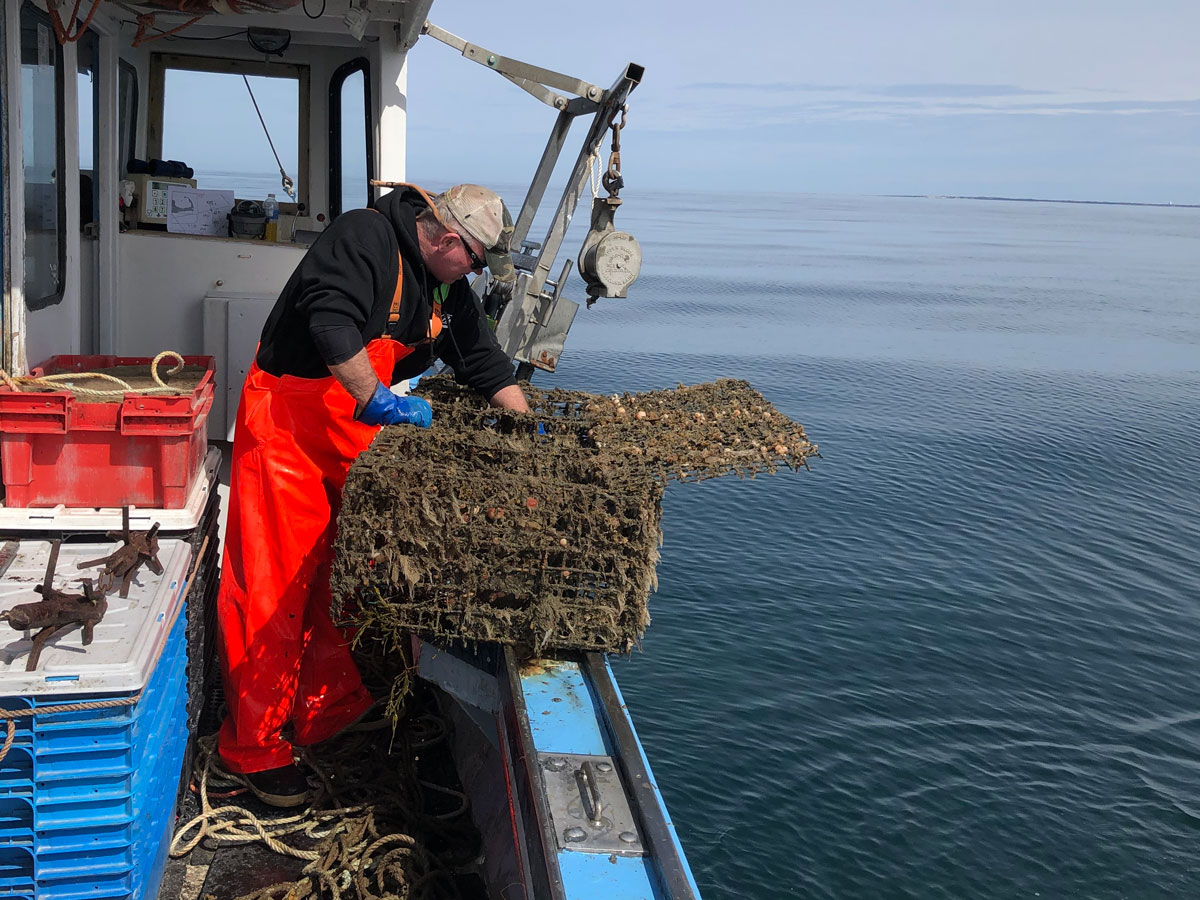Marine Debris Impacts on a Maine Seabird Nesting Island: National News Coverage and Clean-up Efforts
Fisheries managers estimate that 175,000 wire lobster traps are lost annually in the Gulf of…

Marine debris has been documented to adversely impact bird species around the globe via mechanisms including entanglement/entrapment, ingestion, and degradation of nests and breeding colonies. However, such impacts remain understudied, particularly in the Gulf of Maine region (here defined as southern Atlantic Canada to Cape Cod).
In spring 2020, the USFWS Migratory Birds and NOAA Marine Debris Programs initiated a project with a University of Rhode Island graduate student to compile what is currently known about the impacts of marine debris on birds in the Gulf of Maine region, identify information gaps for understanding impacts of marine debris on birds, and elucidate strategies for addressing these impacts.
Project findings are included in this newly released document. The document includes an Implementation Framework, developed by over two dozen regional partners (Federal, state & provincial agencies; commercial groups; NGOs; universities) for stepping down priority information gaps and strategies into actionable first steps for meeting specific measurable objectives.
This work was recommended in the NOAA-coordinated Gulf of Maine Marine Debris Action Plan, and directly supports plan objectives.
Suggested Citation:
Andranovich, M., Spiegel, C.S., & Loring, P.H. 2022. Identifying and Addressing the Impacts of Marine Debris on Birds in the Gulf of Maine Region. Report to U.S. Fish and Wildlife Service and National Oceanic and Atmospheric Administration Marine Debris Program, Atlantic Marine Bird Cooperative, 76 pages.
Contact: Caleb Spiegel for more information.